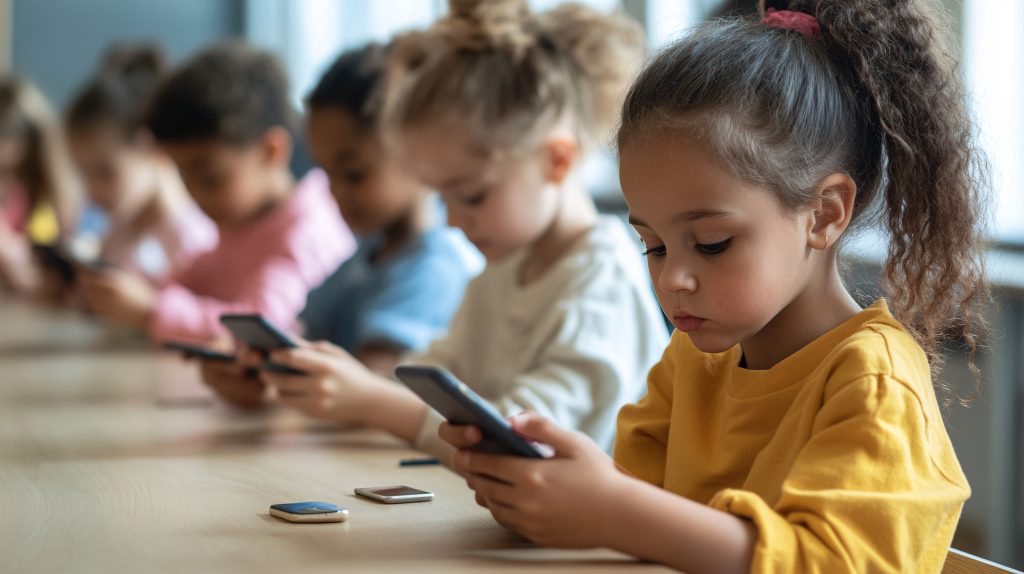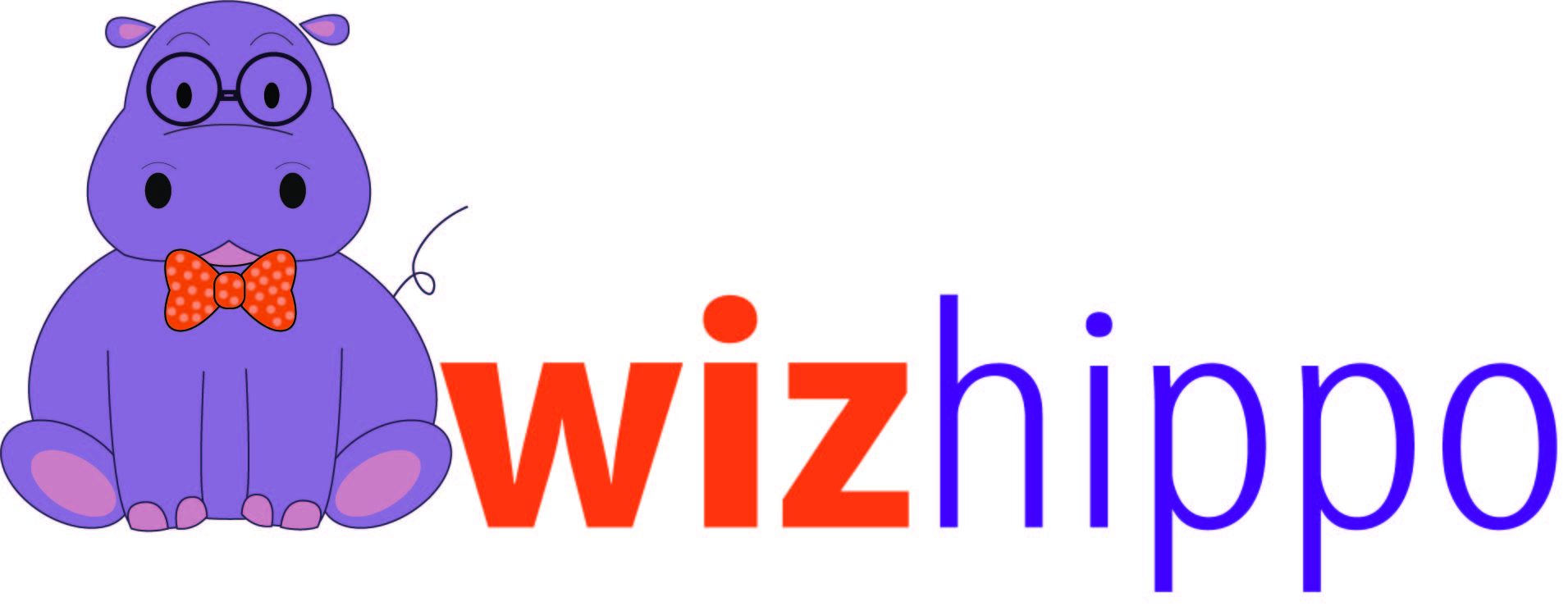
Social media has become a pervasive part of modern life, shaping how individuals and organizations communicate, share information, and build relationships. In the realm of early childhood education, social media presents both opportunities and challenges. While it can serve as a powerful tool for engaging with parents, promoting the school’s mission, and sharing important updates, it also requires careful management to ensure that schools maintain their focus on delivering high-quality, child-centered education.
In this blog, we’ll explore the role of social media in early childhood education and discuss how daycare centers, preschools, kindergartens, and Montessori schools can effectively manage their online presence. We’ll also highlight strategies for using social media to enhance parent engagement while staying aligned with the school’s core mission of fostering children’s development.
The Growing Role of Social Media in Early Education
Social media platforms such as Facebook, Instagram, and Twitter are increasingly being used by schools and educational institutions to connect with parents, showcase classroom activities, and share school events. For many parents, social media is a convenient way to stay informed about their child’s daycare or preschool and to engage with other families in the community.
Here are some of the key reasons why social media is playing an important role in early childhood education:
- Parent Engagement: Social media offers a platform for schools to share real-time updates, photos, and videos of classroom activities. This fosters a sense of connection between the school and parents, allowing families to feel more involved in their child’s education.
- School Promotion: Many schools use social media to promote their programs, share success stories, and highlight special events. This can help attract new families, build a positive reputation, and increase enrollment.
- Communication: Social media can serve as an additional communication channel for schools to share important announcements, such as weather-related closures, upcoming events, or policy changes. It provides a fast and efficient way to reach a large audience.
While social media offers these benefits, it’s important for schools to carefully manage their online presence to ensure that they stay focused on their core mission: providing a safe, nurturing, and educational environment for young children.
Benefits of Social Media in Early Childhood Education
1. Enhancing Parent-School Communication
One of the most significant benefits of social media in early childhood education is its ability to facilitate communication between schools and parents. By using platforms like Facebook and Instagram, schools can provide parents with a window into their child’s daily activities, achievements, and learning experiences.
- Real-Time Updates: Social media allows schools to post real-time updates about classroom activities, field trips, and special events. Parents appreciate seeing photos and videos of their children engaged in learning, and it helps them feel connected to the school even when they’re not physically present.
- Answering Questions and Sharing Information: Schools can use social media to address common questions, share resources, and provide reminders about upcoming events or deadlines. This reduces the need for individual emails or phone calls and helps streamline communication.
2. Building a Strong School Community
Social media can help create a sense of community among parents, staff, and even children. Schools can use platforms to showcase the collaborative spirit of their classrooms, share stories of student success, and celebrate the milestones of their community.
- Parent Engagement and Interaction: By encouraging parents to like, comment, and share posts, schools can foster a sense of belonging and active participation. Parents can engage with one another, discuss shared experiences, and offer support to fellow families.
- Highlighting School Values: Social media provides an opportunity to promote the school’s mission, values, and philosophy. Whether it’s promoting inclusivity, play-based learning, or a focus on creativity, schools can use their online presence to reinforce what makes their educational approach unique.
3. Promoting Transparency and Trust
A well-managed social media presence can enhance transparency between the school and its community. By sharing classroom activities, school policies, and staff introductions, schools can build trust with current and prospective families.
- Introducing Staff: Schools can use social media to introduce new staff members, share their qualifications, and highlight their roles within the school. This helps parents feel more comfortable and confident in the educators who are working with their children.
- Sharing Curriculum and Learning Goals: Schools can provide insight into their curriculum, teaching methods, and learning objectives through social media. This transparency helps parents understand how the school supports their child’s development.
4. Marketing and Enrollment Growth
For many schools, social media is an essential marketing tool that helps attract new families and increase enrollment. By showcasing the positive aspects of the school’s programs, facilities, and community, social media can be a valuable resource for reaching prospective parents.
- Showcasing Classroom Activities: Posting photos and videos of children engaged in fun, educational activities helps illustrate the school’s learning environment and teaching philosophy. Prospective parents can get a glimpse of what makes the school special.
- Testimonials and Reviews: Schools can share testimonials from parents, teachers, and even students, highlighting the positive experiences within the community. Positive reviews and word-of-mouth referrals can play a significant role in attracting new families.
Challenges of Using Social Media in Early Childhood Education
While there are many benefits to using social media, schools must also be aware of the potential challenges that come with managing an online presence.
1. Privacy Concerns
One of the primary concerns for schools using social media is protecting the privacy of children and their families. Schools must be cautious about what information is shared online and ensure that they have obtained proper consent from parents before posting photos or videos of children.
- Obtaining Parental Consent: Schools should have clear policies in place for obtaining parental consent before posting images or videos of children on social media. This can be included in the enrollment process or through a separate media release form.
- Avoiding Sensitive Information: Schools should avoid sharing any personal or sensitive information about children, such as their full names, addresses, or any identifying details. Privacy policies should be strictly enforced to protect the safety and well-being of students.
WizHippo’s communication features allow schools to share updates and photos with parents in a secure, private manner, reducing the need for public posts on social media.
2. Staying Focused on the Core Mission
While social media can be an effective communication and marketing tool, schools must be mindful not to let it distract from their core mission: providing high-quality education and care to children. Managing a social media presence can be time-consuming, and it’s important for schools to balance their online activities with their day-to-day responsibilities.
- Designating a Social Media Manager: To avoid overburdening staff, schools may want to designate a specific individual or team to manage their social media accounts. This person can handle posting, responding to comments, and monitoring the school’s online presence.
- Limiting Time Spent on Social Media: Set clear guidelines for how much time staff should spend managing social media accounts. While engagement is important, it’s essential that staff remain focused on the children and the daily operations of the school.
3. Dealing with Negative Feedback
Like any online platform, social media can sometimes be a space for negative feedback or criticism. Schools need to be prepared to handle negative comments in a professional and constructive manner.
- Responding to Criticism: If a negative comment is posted on the school’s social media page, it’s important to respond respectfully and address the concern directly. Acknowledge the feedback and provide a solution or offer to continue the conversation privately.
- Maintaining a Positive Image: By consistently sharing positive stories, celebrating successes, and engaging with the community, schools can maintain a positive image online and reduce the impact of occasional negative comments.
Best Practices for Managing a School’s Social Media Presence
To ensure that social media remains a helpful tool rather than a distraction, schools should follow these best practices:
1. Create a Social Media Policy
Develop a clear social media policy that outlines guidelines for what can be posted, how often, and by whom. The policy should also address privacy concerns, parental consent, and procedures for responding to comments.
2. Post Regularly, But Not Excessively
Posting regularly helps keep parents engaged and informed, but avoid over-posting to the point where it becomes overwhelming. Focus on sharing meaningful updates, such as milestones, events, and special moments from the classroom.
3. Use a Variety of Content
Mix up your content by posting a combination of photos, videos, articles, and announcements. Highlight different aspects of the school, including classroom activities, teacher highlights, and upcoming events.
4. Engage with Parents and the Community
Encourage parents to interact with your posts by liking, commenting, and sharing. This helps build a stronger online community and fosters deeper connections between families and the school.
5. Monitor and Manage Comments
Keep an eye on the comments section of your posts to ensure that any questions or concerns are addressed in a timely manner. This shows that your school values parent feedback and is responsive to the community’s needs.
How WizHippo Helps Manage Communication and Privacy
WizHippo offers secure communication tools that allow daycare centers and preschools to share updates, photos, and progress reports with parents without relying on public social media platforms. Here’s how WizHippo can help:
- Private Parent Portal: WizHippo’s parent portal allows schools to share daily updates, photos, and videos with parents securely. This ensures that sensitive information about children is kept private and shared only with authorized users.
- Real-Time Communication: Teachers can send real-time messages and updates to parents, reducing the need for public posts on social media. This enhances privacy while keeping parents informed and engaged in their child’s education.
- Centralized Communication: All communication between the school and parents is stored in one secure platform, making it easy to access past updates, messages, and progress reports.
By using WizHippo for private communication, schools can maintain a secure, professional online presence while minimizing the risks associated with social media.
Conclusion
Social media can be a powerful tool for engaging with parents, promoting your school’s mission, and building a strong sense of community. However, it’s important to manage your school’s online presence carefully to protect privacy, maintain professionalism, and stay focused on your core mission: providing high-quality education and care for young children.
With the right balance of communication, privacy, and engagement, social media can enhance your school’s connection with families while showcasing the best of what your daycare or preschool has to offer. Want to learn more about how WizHippo can support secure communication and enhance your school’s online presence? Visit WizHippo today to discover how our platform can help you manage parent engagement while keeping children’s information safe.

Stay Updated with the Latest in Daycare Management!
Subscribe to our newsletter to receive expert tips, industry news, and special offers straight to your inbox. Plus, get exclusive access to free resources and guides to help you streamline your childcare operations.
